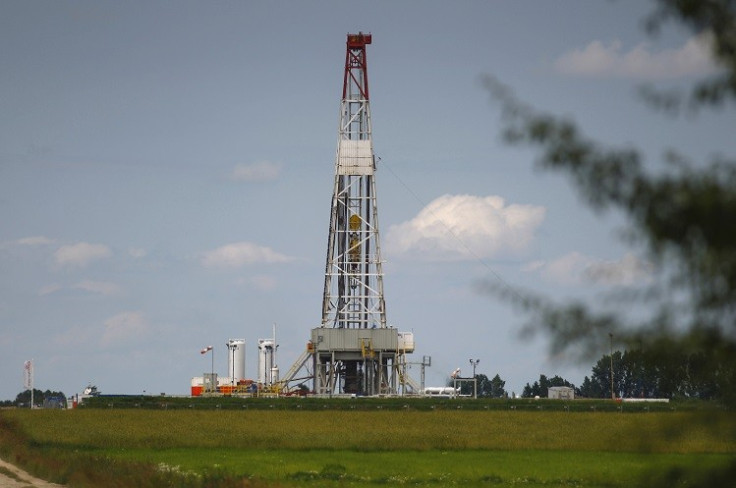IEA Urges Austria to Loosen Russia's Energy Grip via Shale Gas Exploration

Austria should unshackle itself from Russia's energy supply by encouraging shale gas exploration, according to the International Energy Agency.
Almost all of Austria's gas supply is imported from Russia. But there is an intensifying focus on energy security in Europe as tensions between the European Union (EU) and Russia – which supplies much of its gas – grow over the turbulent Ukraine crisis.
In a report, the IEA commended Austria for its significant gas storage facilities and preparations for an "energy emergency". It can hold gas equivalent to 80% of the entire country's annual demand.
"Austria should continue to explore the benefits of increasing flexibility and diversity of supply options so as to increase the resilience of energy security," said the IEA.
"A potential source for reducing the need for gas imports would be to explore the country's shale gas resources.
"These are estimated to equal at least 20 years of domestic consumption, but the current regulatory framework effectively discourages the development of these resources since the obligatory environmental impact assessment process for each hydraulic fracturing well takes three to four years."
The intergovernmental energy agency also said that large gas imports from a limited amount of sources can result in higher prices for consumers, another reason to look at local production of supply such as through shale gas.
Shale gas, an unconventional fossil fuel, is generally unpopular among European governments and populations. Many states have banned shale gas exploration over environmental concerns.
The "fracking" process – hydraulic fracturing – drills into shale rock, blasts it with water and chemicals to fracture it, and siphons off the gas as it is released. Small tremors can be caused and there is a minimal risk of chemicals leaking into the water supply.
"The IEA recognises the sensitivity of this issue and encourages the [Austrian] government to formulate a position regarding the potential use of shale gas resources," said the energy agency.
"This position should be based on a solid scientific understanding of the resources and of new technologies and their environmental impacts.
"Thanks to its technological know-how, strong environmental awareness and experience with upstream production, Austria is well placed to explore this shale gas potential further."
In 2012, the energy firm OMV withdrew from a project to explore shale gas production near Austria's capital, Vienna, because of the bureaucratic regulatory burden and public protests.
The IEA bemoaned Austria's lack of a "well-informed and prepared public debate that would focus on economic benefits, environmental concerns and technological aspects" about shale gas.
So far, the UK is one of the only European countries actively encouraging exploration. It has given tax breaks to the industry in the hope that they start working to extract the vast reserves of shale gas under parts of the country, a potentially significant source of revenue for the Treasury.
© Copyright IBTimes 2025. All rights reserved.






















